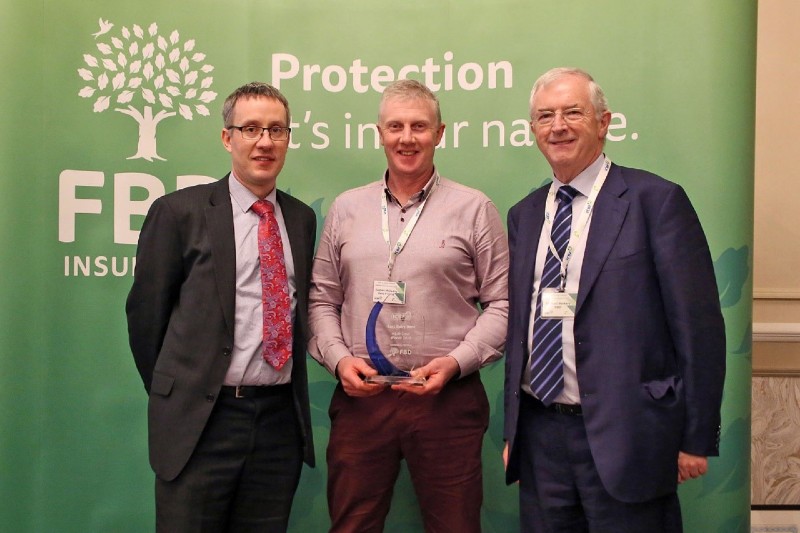Eoghan McCarthy from Milltown, Co. Kerry took the top spot in the over 100 cow herd category in the Dairy FBD and ICBF competition.
Herds were initially shortlisted based on the analysis of a number of key performance indicators including, but not limited to, fertility, calving and data recording.
Following on from this analysis, herds were involved in a telephone interview, where they discussed their own farming practices, breeding strategies and grassland management.

Eoghan runs the Callinafercy pedigree Holstein Friesian herd in Co. Kerry. The current herd EBI is €170 which has increased by 13% since 2016.
“EBI has made huge gains to dairy farms in the last 20 years. I would say that EBI has revolutionised farming.”
Breeding Strategy:
When selecting bulls for the breeding season, Eoghan uses a team of high EBI bulls with a focus on milk and fertility. To minimise risk, his 2019 bull team consisted of 12 young GS bulls, with a group EBI average of €263.
The herd has been actively involved in the Gene Ireland Breeding Programme since 2006, taking straws every Spring and incorporating them into the bull team.
Sire Advice Plus is an important part of the bull selection process as this allows Eoghan to focus on key areas that he wants to improve in the herd, i.e. milk and fertility. Using Sire Advice removes any risk of inbreeding while enabling Eoghan to breed the most balanced herd possible.
“I always use high EBI young GS bulls as it is not possible to keep figures high with daughter proven bulls.”
The breeding season in the Callinafercy herd typically lasts for 11-12 weeks, however in 2019 this was reduced to 10 weeks.
A vasectomised bull is run with the heifers, with tail paint used across the herd to aid in heat detection. Any animals that are not seen in heat are scanned by the vet, to ensure that every animal is given a chance to go in calf. Problem cows are served with beef semen.
Once heifers have been marked as being served they are taken away from the home farm to a nearby rented farm.
As a result of using these fertility aids combined with excellent on farm management, the herd has an empty rate of around 8% annually.
Replacement Strategy:
The herd has been involved in genotyping since 2012 resulting in over 370 animals with genomic evaluations. Genotyping allows Eoghan to select animals with the highest EBI and desirable physical qualities allowing him to keep the best and sell surplus heifers. The ancestry performance is also taken into consideration in the decision-making process.
On-Farm Management:
The herd has been actively milk recording for 19 years which has proved critical in providing essential data and highlights the excellent on-farm management. This can be attributed to the herd’s very impressive SCC average of 48 in 2019.
An interesting fact about this farm is that half of the land is under sea level with 70% of the grass being grown on the ‘wetter’ side of the farm.
The turnout date is largely dependent on growth rates and ground cover, typically mid-February, with animals being housed from the 22nd November.
Regular grass measuring and soil sampling is common practice on farm. Eoghan historically soil sampled every three years but has increased this to sampling once a year to achieve gains at a quicker rate.
ICBF would like to congratulate Eoghan on this achievement and we wish him the very best for the future.
A special word of thanks goes to our sponsors, FBD Trust, as without their continued support, this event and competition would not be possible.
More information on winners and photos from the ICBF & Sheep Ireland Genetics Conference is available on icbf.com and our social media platforms.
